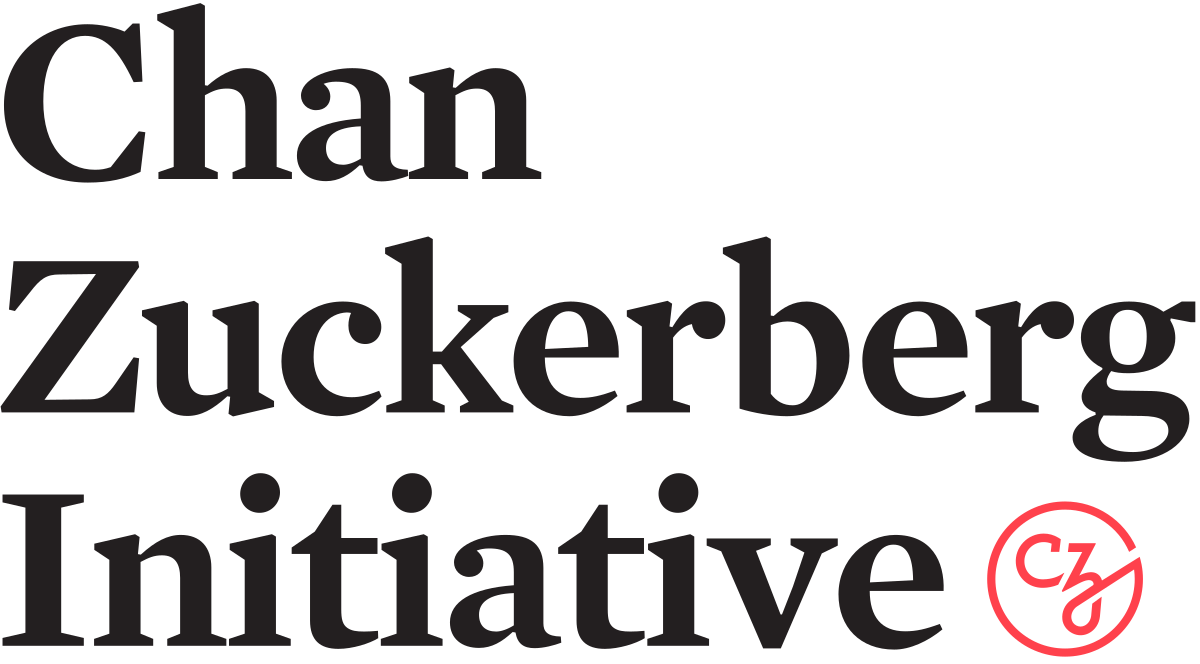Current projects in the Cribbs group

Identifying drug targets for the treatment of multiple myeloma
Multiple Myeloma (MM) is a bone marrow cancer that affects over 5,700 new patients a year in the UK. Current response rates to treatment are varied and there is a mean survival age of only 4-5 years, with a 10-year survival rate of only ~3%. A significant proportion of treatment failure is due to the emergence of multi-drug resistance.
In 2020 I was awarded an MRC Career Development Fellowship to apply multi-modal single-cell sequencing tools to understand the aetiology of MM and drug resistance. Ultimately, the main goal of my research is to better understand MM disease biology so we can develop new medicines to treat this incurable disease.

Development of single-cell sequencing methods
The advent of single-cell technologies has led to a better understanding of the complexity and diversity of the tissue microenvironment.However, these approaches only allow for the measurement of the distal parts of a transcript following short-read sequencing. Therefore, splicing and sequence diversity information is lost for the majority of the transcript. The application of long-read Nanopore sequencing to droplet-based methods is challenging because of the low base-calling accuracy currently associated with Nanopore sequencing.
While long-read sequencing offers many advantages over short-read sequencing, it also suffers from a much higher error rate (3-10%). Since single-cell sequencing relies on precise calling of cell barcodes, long-read sequencing is currently impractical for single-cell sequencing. This project will develop methodology to construct oligonucleotide barcodes with novel amidites (the building blocks for synthetic oligonucleotides) that provide inherent error detection and/or correction.

The Tendon Seed Network
Human Cell Atlas
The Tendon Seed Network will spatially define the transcriptome of extracellular matrix-rich tissues such as tendon across multiple anatomic and micro-anatomic sites. To enable this, the project will develop clinical, laboratory, bioinformatics, and mathematical modelling tools and platforms.

Understanding the epigenetic mechanisms of chemotherapy resistance in medulloblastoma
In Collaboration with Dr. Tuğba Bağcı Önder
Supported by a Royal Society Advanced Newton award to identify epigenetic drug targets for the reversal of chemotherapy resistance in medulloblastoma.

Research Alliance on Women’s Health
Oxford Bayer Healthcare Collaborative
Leading the integration of multi-omic data to identify drug targets for uterine fibroids and PCOS.